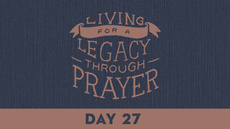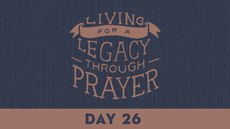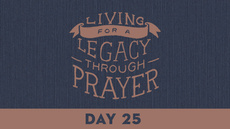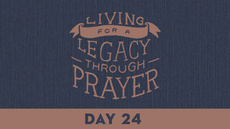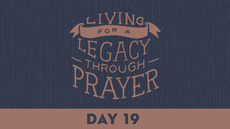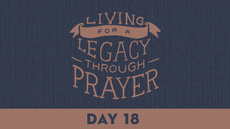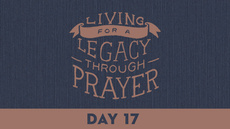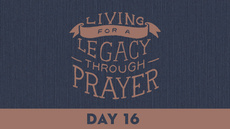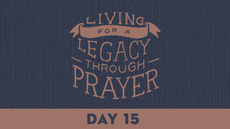Questions.
We all have them. Daily, we all deal with questions about life, our relationships, and God, especially when we go through suffering. We don’t have to fear these questions though, because we have a God who has made the definitive statement about who he is and how he feels about us. His love is so bold and explicit that it led him to the cross and out of the grave so that we might have true life.
Questions allow us to explore and often learn new things. God welcomes our questions and how they lead to deeper relationship with him. At times though, our questions no longer come from a posture of wanting to understand and learn, but rather to accuse and blame. These are questions that can be loaded with entitlement and what we believe we deserve. We move from wanting to know God to putting him on trial. Malachi 3:1–5 warns about this very dangerous way to process our pain.
Pastor Mark taught on how frequently we can use questions that are really accusations:
- Who is God to tell me what to do?
- Who is God to judge me?
- Does God really even care about me?
- Why doesn’t God do something right now?
Of course, we usually find more subtle ways to express these complaints, but they are meant to position us as God’s supervisor. Scratching beneath the surface of many of these questions, we find ourselves trying to understand where God is when things go wrong and where he is in the injustice we see and experience. Pastor Mark addressed this by having us look at the different ways people try to make sense of evil:
- Atheism—There is no God and, while our suffering is painful, there is nothing more to really be said or done about it.
- Deism—God may be out there, but he is not engaged with the problems of this world.
- Monism—God is both good and evil.
- Christianity—God is good and neither silent nor passive in dealing with evil.
Jesus is the answer to our questions
Pastor Mark reminded us that Jesus is God’s answer to the evil and injustice in this world. Jesus came to be a human and live life like us, so that suffering would be something he knew firsthand—what it is like to feel pain, loss, betrayal, abandonment, and even death (Isa. 53:3).
Because Jesus was without sin, he was fit to be our perfect stand-in for the justice God demands from the world (2 Cor. 5:21).
So because of Jesus’ death on the cross, we know that God takes seriously the need for justice, and our pain. Pastor Mark instructed that it is through our pain that God is often refining us and shaping us, that our pain is not purposeless but redemptive for those who love him (Rom. 8:28).
Here are some questions to think through for your life:
- How have you been accusing God instead of trusting God?
- How have you seen Jesus draw near to you in times of suffering?
Pastor Ryan Kearns is the Director of Community Groups for Mars Hill Church. Each week, he writes a post about the sermon to aid discussion in your Community Group. This is part five from the Malachi series. Be sure to check out parts one, two, three, and four.

